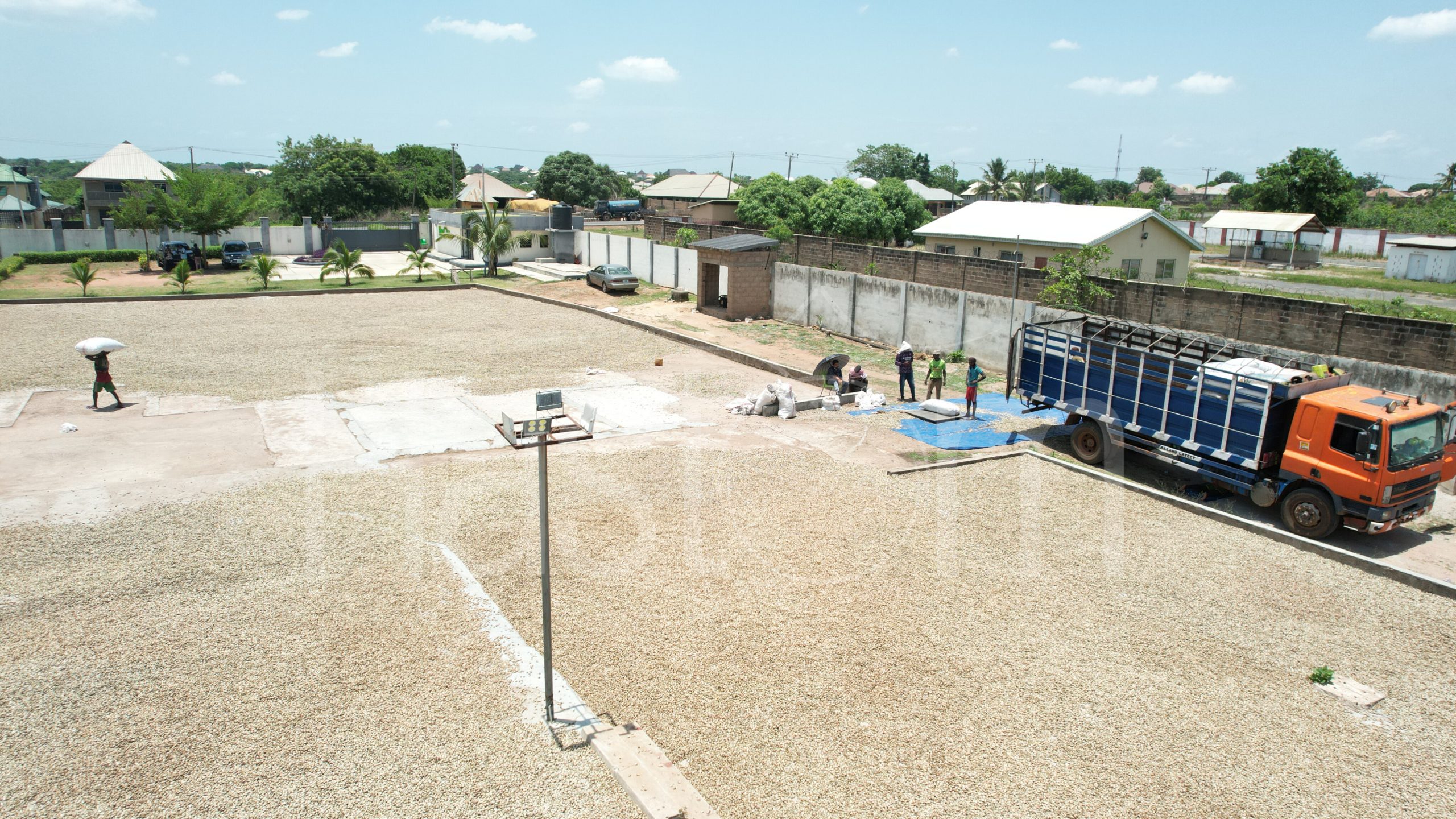
Introduction.
Cashew trade in Nigeria is very important in the Cashew industry, we can say that it is what makes the industry a sought after industry. In this blog post, we examine an overview of Cashew trade in Nigeria.
Nigeria, endowed with favorable agro-climatic conditions, stands as one of the leading global producers of cashew nuts. The cashew industry plays a crucial role in the country’s agricultural sector and international trade. This comprehensive breakdown covers various aspects of cashew trade in Nigeria, encompassing production, export dynamics, processing, government initiatives, challenges, price fluctuations, and industry associations.
- Production.
Nigeria’s geographical diversity provides an optimal environment for cashew cultivation, and several states, including Ogbomoso, Kogi, Oyo, Enugu, and Benue, contribute significantly to the country’s overall production. Over the years, Nigeria has witnessed a steady increase in cashew production, making it a key player in the global cashew market.
- Export:
Nigeria’s cashew industry is characterized by a substantial export component. The majority of these exports consist of raw cashew nuts. The international demand for cashew nuts has driven Nigeria to leverage its production capacity, contributing to the nation’s foreign exchange earnings. Export dynamics are influenced by global market trends, trade policies, and the economic landscape of partner countries.
- Trade Partners:
Nigeria engages in cashew exports with a diverse set of trade partners globally. Major destinations for Nigerian cashew nuts include India, Vietnam, the United States, and European countries, with the Netherlands serving as a significant entry point to the European market. The choice of trade partners is often influenced by demand, market accessibility, and trade agreements.
- Processing:
Historically, Nigeria has primarily exported raw cashew nuts, with limited emphasis on processing within the country. However, there has been a notable shift in recent years toward promoting local processing. Enhancing value addition is crucial for the sustainability of the cashew sector, and Nigeria is making efforts to establish and upgrade processing facilities to capture a greater share of the value chain. 5. Government Initiatives:
Recognizing the importance of the cashew industry, the Nigerian government has implemented various initiatives to support its growth. Policies aimed at encouraging local processing, improving the quality of cashew nuts, and enhancing the competitiveness of the sector have been introduced.
For example sometime in 2023, the Nigerian Export Promotion Council (NEPC) concluded plans to set up a cashew processing plant in Ogbomoso, Oyo state. Additionally, there are efforts to provide financial support and technical assistance to farmers and processors, fostering a more robust and self-sufficient cashew industry.

- Challenges:
While Nigeria’s cashew industry shows promise, it faces several challenges that require strategic interventions. Limited processing facilities, inconsistent quality of cashew nuts, and restricted access to credit for farmers and processors are among the key challenges. Addressing these issues is crucial for sustaining the growth of the cashew sector and maximizing its contribution to the national economy.
- Price Fluctuations:
The international market for cashew nuts is subject to price fluctuations influenced by various factors. Global demand, weather conditions affecting crop yields, and geopolitical events can impact cashew prices. These fluctuations have direct implications for the income of Nigerian farmers and traders. Monitoring and managing these price dynamics are essential for ensuring the stability of the cashew trade.
- Industry Associations:
Several industry associations and governmental agencies actively contribute to the development and regulation of the cashew trade in Nigeria. These organizations play a pivotal role in setting and maintaining quality standards, providing support to farmers and processors, and facilitating market access. Collaborative efforts between the public and private sectors are instrumental in fostering a conducive environment for the sustainable growth of the cashew industry.
In conclusion, Cashew trade in Nigeria is a dynamic and integral component of the country’s agricultural landscape and international commerce. With its strategic position as a major global producer, Nigeria has the potential to further enhance its role in the cashew market by addressing challenges, promoting local processing, and leveraging government initiatives. As the cashew industry continues to evolve, staying abreast of current developments and policy changes is crucial for stakeholders involved in this vital sector.
The bedrock of Cashew trade in Nigeria is the setting up of Cashew farms. When looking at setting up of Cashew farms, it is expedient to work with a group of experts like Hastom Nigeria to help with proper management of Cashew farms to ensure maximum yield.


